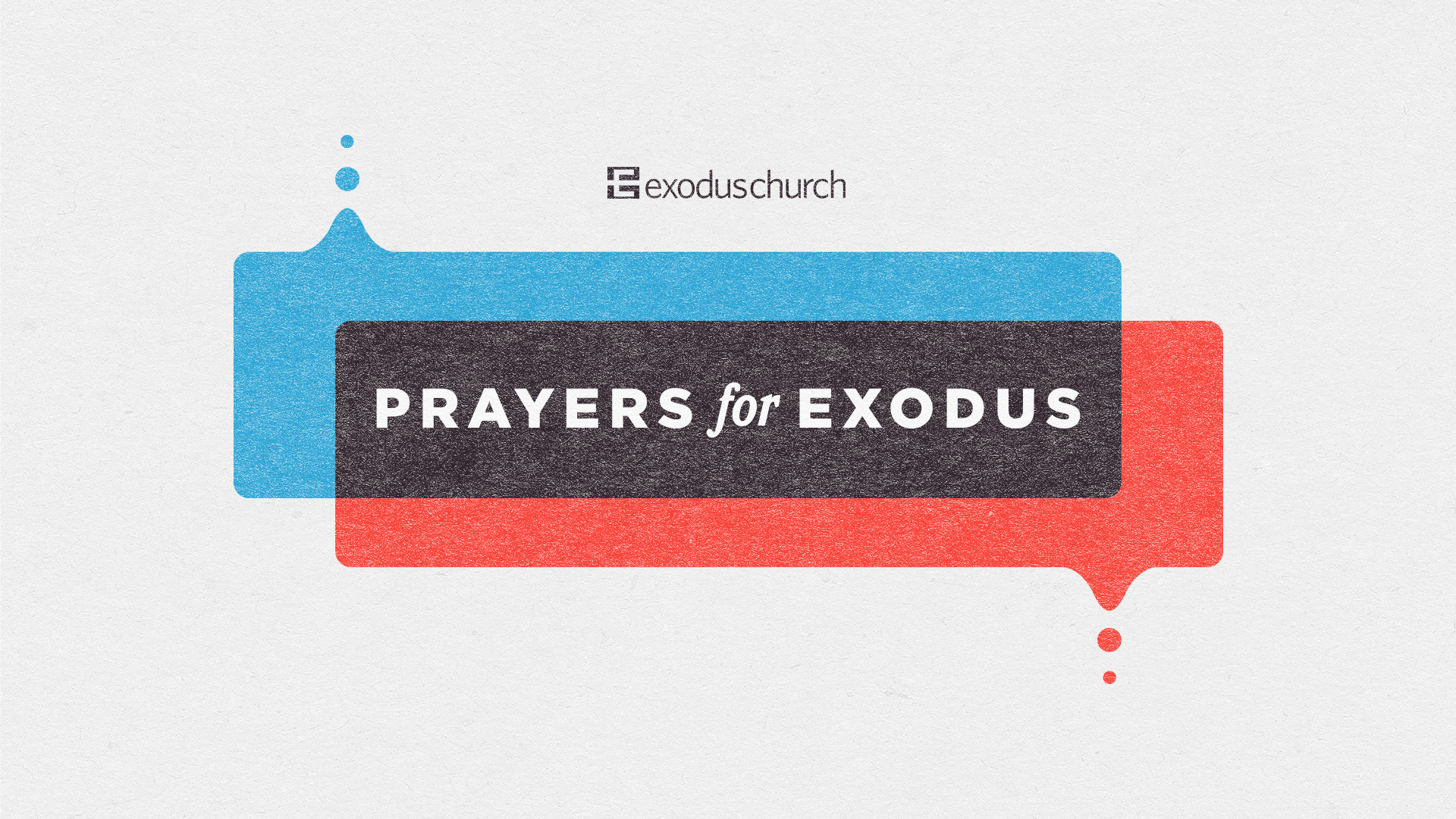If I’m being honest, interruptions are hard for me. I err on the side of overachieving through multitasking. I cannot sit or relax if I know there are tasks to be done. The challenge for me is to find balance between accomplishing tasks and valuing the people involved in those tasks. Even more difficult is valuing those people who interrupt my tasks. (Ouch!)
Slowly, and not without plenty of mistakes, I’m learning that caring for people and their needs is very different than simply caring about people.
Caring for people requires my time and effort. Caring for people demands that I intentionally look away from my watch, my calendar, or my to-do list, and instead look at the person in front of me and respond to their needs.
What about the young mom overwhelmed in her new phase of life? Do I really have time to help and encourage her?
What about the unkempt yard next door? Do I have time to figure out if the display outside the house is indicative of a bigger need inside the house?
What about the man at the stoplight holding a cup and asking for change? I can drop in a few bills, but there’s nothing else I can do for him, or is there? What about the coworker who speaks, thinks, and acts in opposition to everything I believe? Is a polite smile in passing while talking about last night’s game sufficient?
Why bother to choose difficult things? Consider the difficult choice Jesus made regarding the Samaritan woman in John 4.
Don’t let your familiarity with this passage distract you from the depth of joy Jesus offers by initiating this difficult conversation.
Jesus—tired, hungry, and thirsty—arrived in Samaria during the hottest part of the day. He asked a Samaritan woman, considered untouchable by Jewish law, for a drink of water. The woman was dumbfounded that Jesus, a Jewish man, was talking to her and asking for a drink from her pitcher.
In spite of cultural norms and expectations of the day, Jesus didn’t avoid Samaria or the conversation with the woman. In fact, for his physically weary body, it would have been easier to do so. Did he really need to hold a conversation with a social outcast and an unclean woman to simply get a drink? However, he didn’t avoid the difficult thing. Jesus chose the difficult conversation because, as we see later in the chapter, he was more concerned about giving the woman grace than a system of rules. He wanted her to enjoy the freedom of eternal life rather than the eternal consequences of sinful choices in her present life. He wanted her to savor his joy.
Jesus offered the woman living water, but she missed his eternal invitation and, instead, asked for temporary satisfaction. Jesus, undeterred, continued the conversation—the intentional pursuit of this woman’s soul so she may know life and experience joy.
When asked to go get her husband; the woman replied that she had no husband. Jesus agreed, but pointed out that she was currently living with a man to whom she was not married. Rather than address the confrontation, the woman avoided the issue and redirected the conversation by suggesting Jesus must be a prophet. The woman changed the topic and disengaged from the issue at hand, but Jesus continued the difficult conversation, revealing that he is the Messiah, worthy of her worship, and the only source of true joy.
Eventually, her eyes were opened, her heart understood, and her joy could not be contained. The woman left her water pitcher, raced back to town, and shouted the good news of the Messiah.
John closed this account by saying that Jesus agreed to stay two more days to talk and share with the people of Samaria, and that because of his words and because of the woman’s testimony, many more believed in Jesus. His intentional pursuit of the spiritual wellbeing of others yielded joy at the cost of choosing difficult things, giving his time and energy and engaging in difficult conversations.
If we know Jesus personally, it’s because he intentionally pursued us in the gift of salvation.
He chooses to give grace and forgiveness. He chooses to give healing and hope. He chooses to love and restore. Leaving heaven, coming to earth, living among humanity, dying a criminal’s death—nothing about his pursuit of us was easy, but he chose the difficult so that we might savor his joy.
Hebrews 12:2 tells us “For the joy set before him he endured the cross, scorning its shame, and sat down at the right hand of the throne of God.” His death was intentional. The cross was horrific. The shame was painful. But, the result of this was eternal life through relationship, and the Bible calls this joy!
What if, out of obedience to Christ’s example, we embrace a willingness to do difficult things? How would our homes, workplaces, neighborhoods, and churches be different if we pursued difficult things because we recognized the privilege of serving others for the sake of his joy? Our collective delight in the greater reward—sharing Jesus’ grace, love, and gift of eternity—is beyond measure.




